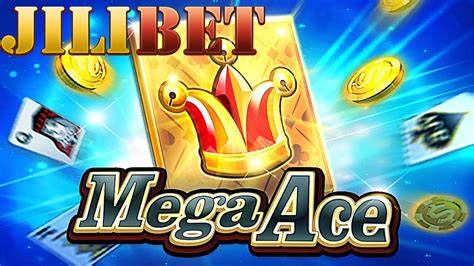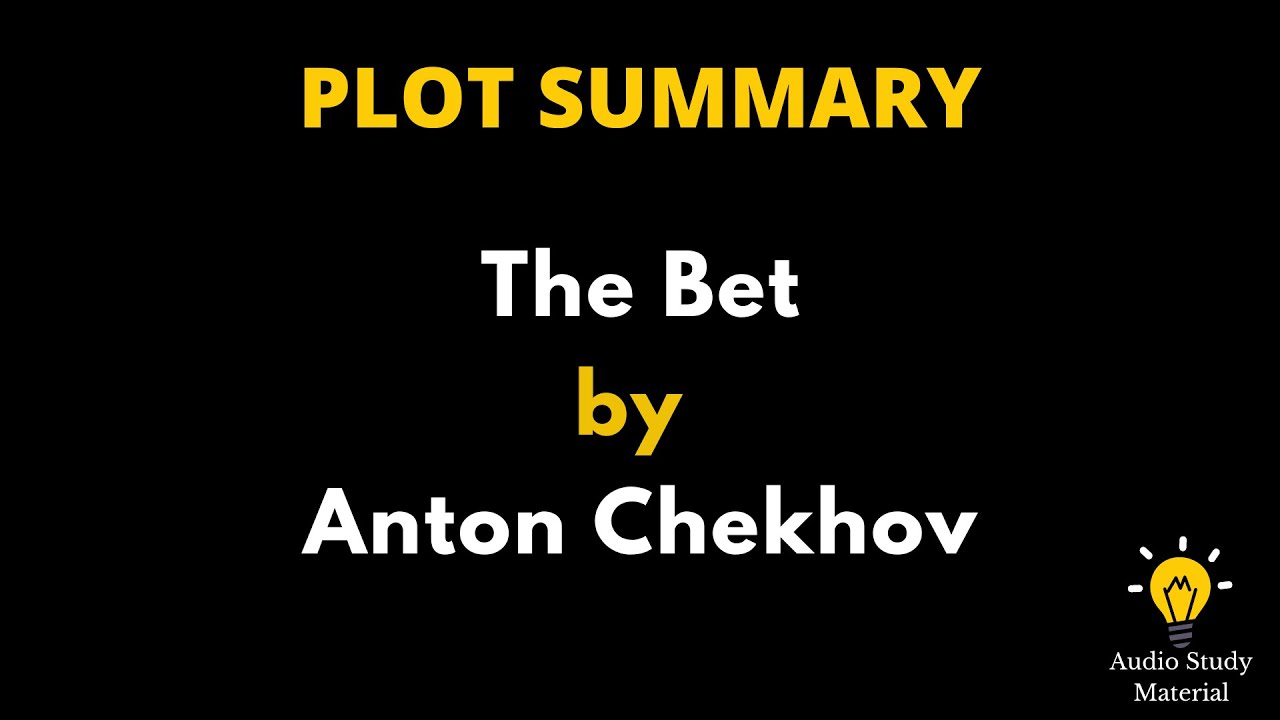Analyzing the Conflict in "The Lottery Ticket" by Anton Chekhov for Jilibet Readers
An In-Depth Analysis of Conflict in Anton Chekhov's "The Lottery Ticket"
Anton Chekhov's short story "The Lottery Ticket" delves into the complexities of human nature, exploring how the mere possibility of sudden wealth can unravel personal relationships and expose latent desires. Central to the narrative are the internal and external conflicts experienced by the protagonists, Ivan Dmitritch and his wife, Masha.


Plot Overview
Ivan Dmitritch and Masha, a middle-class couple, lead a contented life until they entertain the notion of winning a substantial lottery prize. This contemplation ignites a series of fantasies and conflicts, ultimately revealing the fragility of their marital bond.
Types of Conflict in the Story
Character vs. Self (Internal Conflict):
Both Ivan and Masha undergo internal struggles as they fantasize about the potential windfall. Ivan envisions a life of luxury, including romantic escapades and financial freedom, while Masha dreams of travel and indulgence. These daydreams lead them to question their current life choices and desires.
Character vs. Character (External Conflict):
As their fantasies progress, Ivan and Masha's visions diverge, leading to mutual suspicion and resentment. Ivan fears that Masha might squander the potential wealth or act independently, while Masha harbors concerns about Ivan's intentions and possible infidelity. This growing distrust strains their relationship.
Character vs. Society:
The couple's aspirations highlight societal pressures and expectations. Their imagined scenarios involve conforming to societal norms of success and wealth, reflecting a desire to elevate their social status and gain societal approval.
Character vs. Fate:
The story culminates in the revelation that their lottery ticket is not a winner, underscoring the role of chance in human affairs. This outcome forces Ivan and Masha to confront their baseless assumptions and return to their unremarkable reality.
Resolution of Conflicts
The resolution is marked by the couple's return to their ordinary life, facing the reality of their unfulfilled fantasies. The external conflict dissipates as they accept their shared disappointment, and the internal conflict subsides, leaving them to reflect on the transient nature of their desires.
Conclusion
Chekhov's "The Lottery Ticket" masterfully examines the destructive potential of unchecked desires and the ease with which individuals can become ensnared by fantasies of wealth and status. The story serves as a cautionary tale about the importance of grounding one's aspirations in reality and maintaining authenticity in personal relationships.



